|
Recently the subject of what self-care means came up in a singing teacher’s forum I'm part of. It seems that most times when I hear people saying that they need self-care what they really mean is self-comfort. They think they are doing things for their mental health to reduce stress and unwind after a hard day, but often it ends up being something self-sabotaging. This pandemic has highlighted some of these behaviours and almost makes it seem acceptable. For example all the #winemom memes. Honestly, I'm so tired of them. It’s easy to see how we can see sitting down with a glass of wine and Netflix at the end of a long day as a way to unwind. Done occasionally and with clear intention, this could be a form of self-care, but when it becomes a default behaviour to cope then it has become self-comfort. And self-comfort can lead to a descending spiral that can affect well-being and health negatively. Your Body Is Your GardenInstead of using the term “self-care” I prefer "self-nurture". This implies things that will contribute to your well-being and growth as a human being. Work at picking out the weeds of our lives eliminating the negativity within us and around us; the things that don’t service us. Fertilize our body, mind and spirit by providing them with the things they need: good nutrition, exercise, sleep, learning new things, social connection, time to reflect. Give Sunshine to flourish by filling it with positivity - inspiring messages, friends, mentors or colleagues who will support you. Sometimes it may be small actions, planting the seeds for the future. A Place for Self-ComfortNow, a little self-comfort from time to time can be part of self-nurturing as long as the intention and method are contributing to well-being:
Get Out of Your Comfort ZoneHowever, the overarching goal of self-nurturing is our growth in well-being of body, mind and spirit, not just band-aid solutions to our problems. It is not always what feels most comfortable in the moment. Take exercise for example. There are days when I'm not feeling it, but I do it anyway because I know it will do my body and mind good. Sometimes I will modify it, but never skip it. Other things that can take us out of our comfort zone for our greater good are:
ForgivenessThis is a big one for self-nurturing.
Forgiveness is a powerful force. It can help us ride out any storm and find the calm within us once it’s mastered. To be mastered it has to be practiced. Not just on others, but on ourselves. If you have been seeking self-comfort over self-nurture, don’t beat yourself up about it. It’s so easy to lay on the guilt on ourselves when we feel lazy or feel like we have cheated on ourselves with our behaviour, but if you learn to forgive the slips you are already on your way to self-nurturing. By the way, it’s ok to feel lazy and do nothing once in a while. It can also be part of self-nurture, since we do need that down time to recharge and to spark our creativity, so if you catch yourself staring out of a window daydreaming instead of doing something seemingly more productive or you need that 20 minute nap - Go For It! If we shift our mindset around self-care from self-comfort to self to self-nurturing, you will actually find that you need less self-comfort in the end and you will feel a much greater sense of contentment and the ability to cope with the stress that we all are feeling now. And there’s still room for the occasional “guilty” pleasure, but remember it’s the intent that matters. As the colder weather sets in I plan on watching Hallmark movies while running on my treadmill or cross-stitching. If you feel you need a little help with self-nurturing then grab my Singer’s Daily Wellness Checklist.
0 Comments
At the end of my very first formal yoga class at a Bikram studio, the instructor came up to me since I was new and asked what yoga I had done before. I told her this was my very first class. This seemed to surprise her a bit because she said I had done very well if it was my first time. Before this, I had dabbled with yoga poses on my own and in dance classes and I suggested to her that it might have been the dance. She replied with an emphatic “NO”. She went on to explain that dancers did not necessarily make the best yogis since they seemed to hold tension and it was more to do with my breathing. When I mentioned that I was a singer her face lit up and she said, “Well that explains it!” As singers we all know the importance of breathing. It’s the first thing that most of us are taught when we begin formal training. We learn to take deep low breaths and how to manage our breathing musculature for efficient sound production. If you haven’t mastered this yet, I hope your voice teacher is spending time helping to develop this very important part of your instrument. The specific mechanics of breathing are not what I want to discuss today. Rather I want to talk about how deep breathing will benefit not only your singing, but also athletic performance and your general well-being. Many singing teachers that I’ve had in the past and even some current discussion groups and blogs that I read caution against vigorous cardio activities for singers under the misconception that this encourages shallow breathing. Nothing can be further from the truth! Yes, inexperienced exercisers sometimes tend to breathe in a shallow manner, but this is not correct and usually due to bad breathing habits at rest, as well. Elite athletes all breathe deeply – they have to. Oxygen = energy for aerobic activity. |
AuthorHi, I'm Elizabeth! I'm your guide on your vocal journey. I work with singers - Voice Students of all ages, Singing Teachers and Choristers - basically anyone who LOVES to Sing and wants to free their voice. Archives
August 2022
Categories
All
|
Elizabeth Rotoff Voice and Wellness
Home to
Member of:
Elizabeth Rotoff Voice and Wellness © COPYRIGHT 2020. ALL RIGHTS RESERVED.
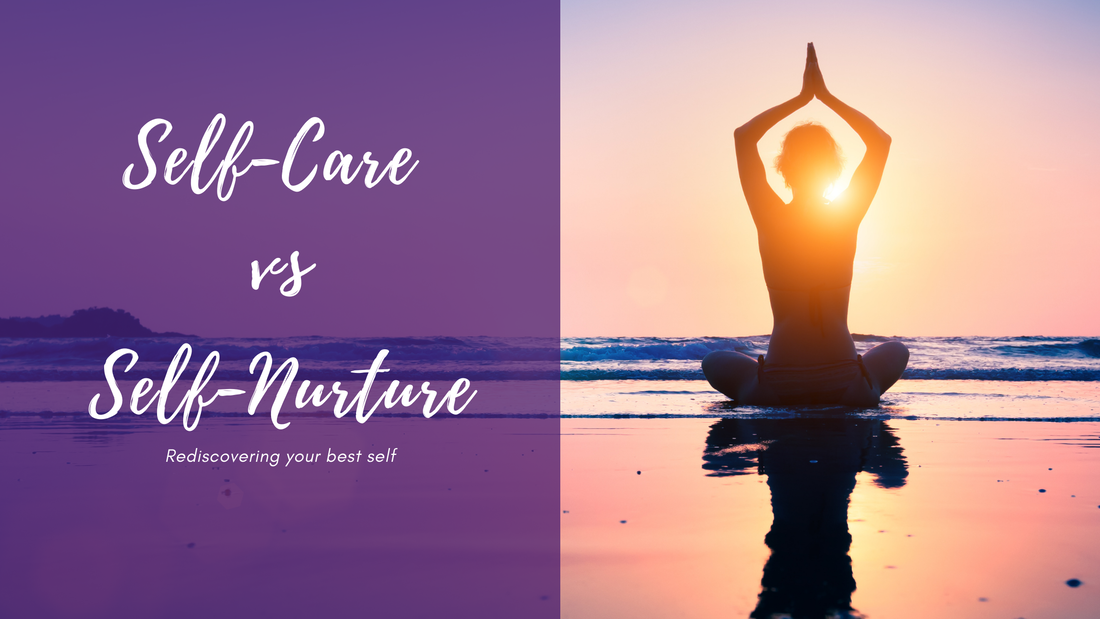

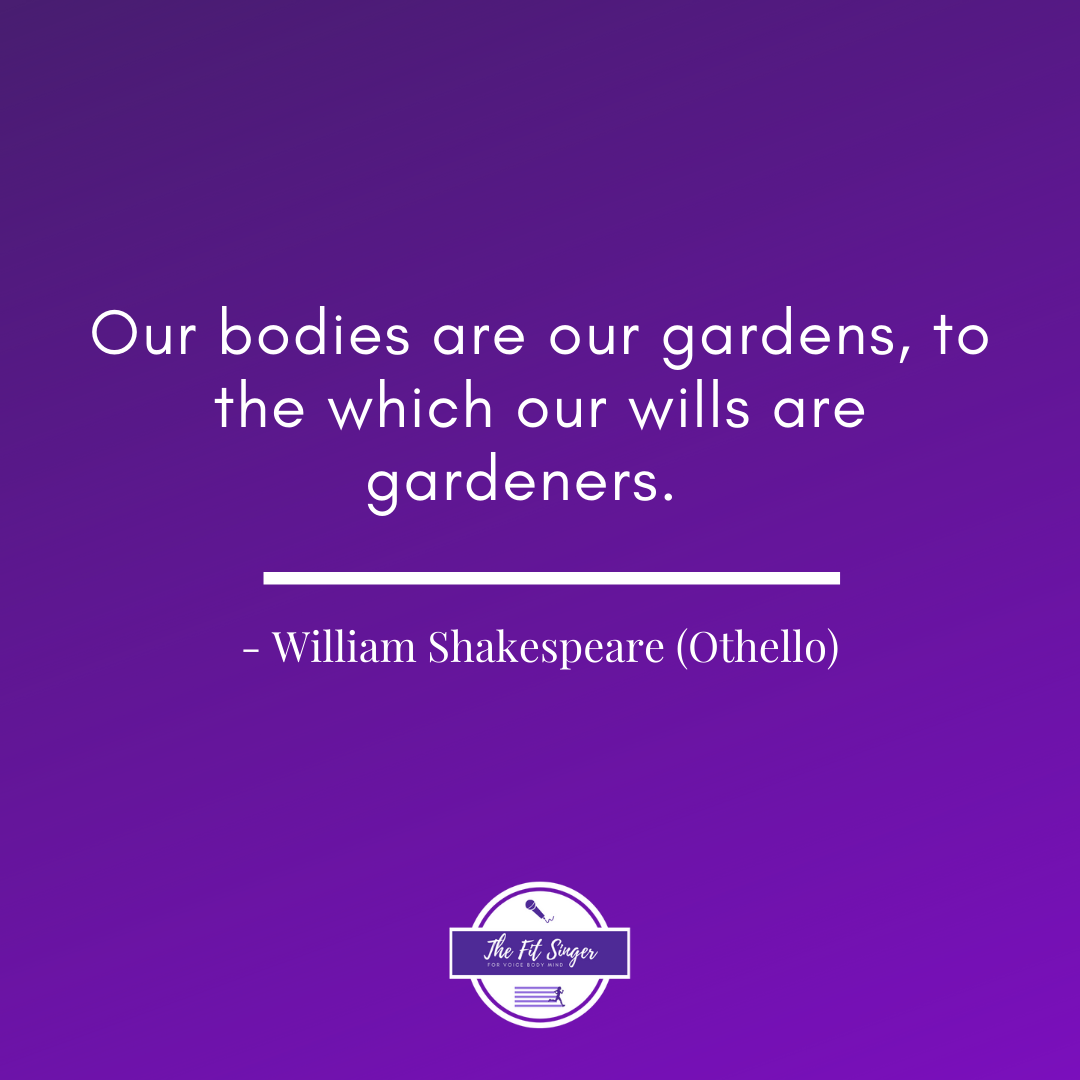
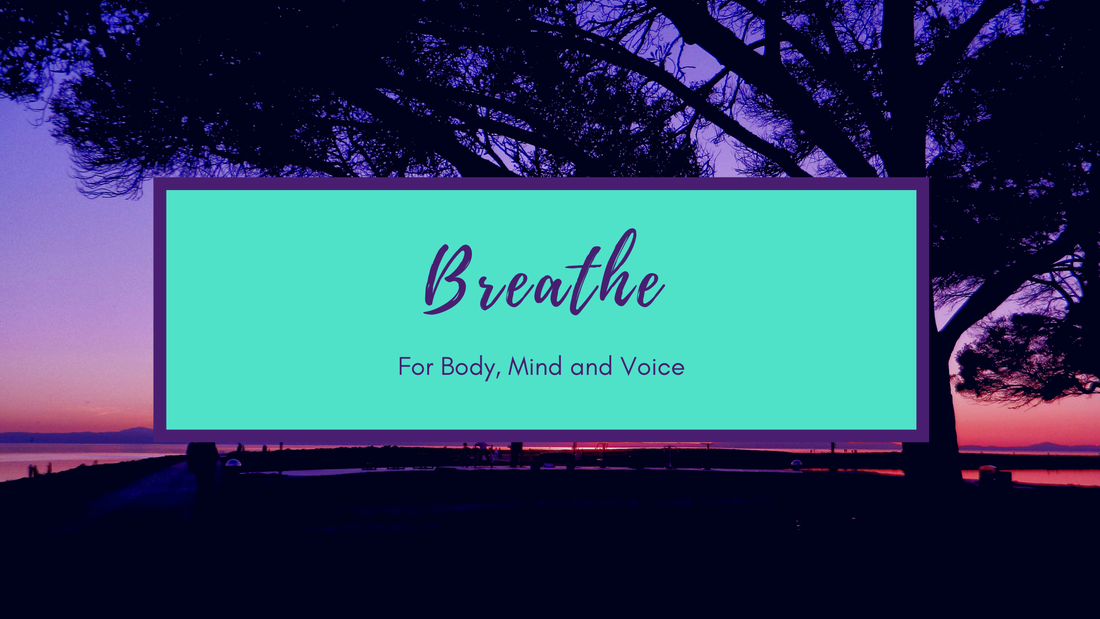
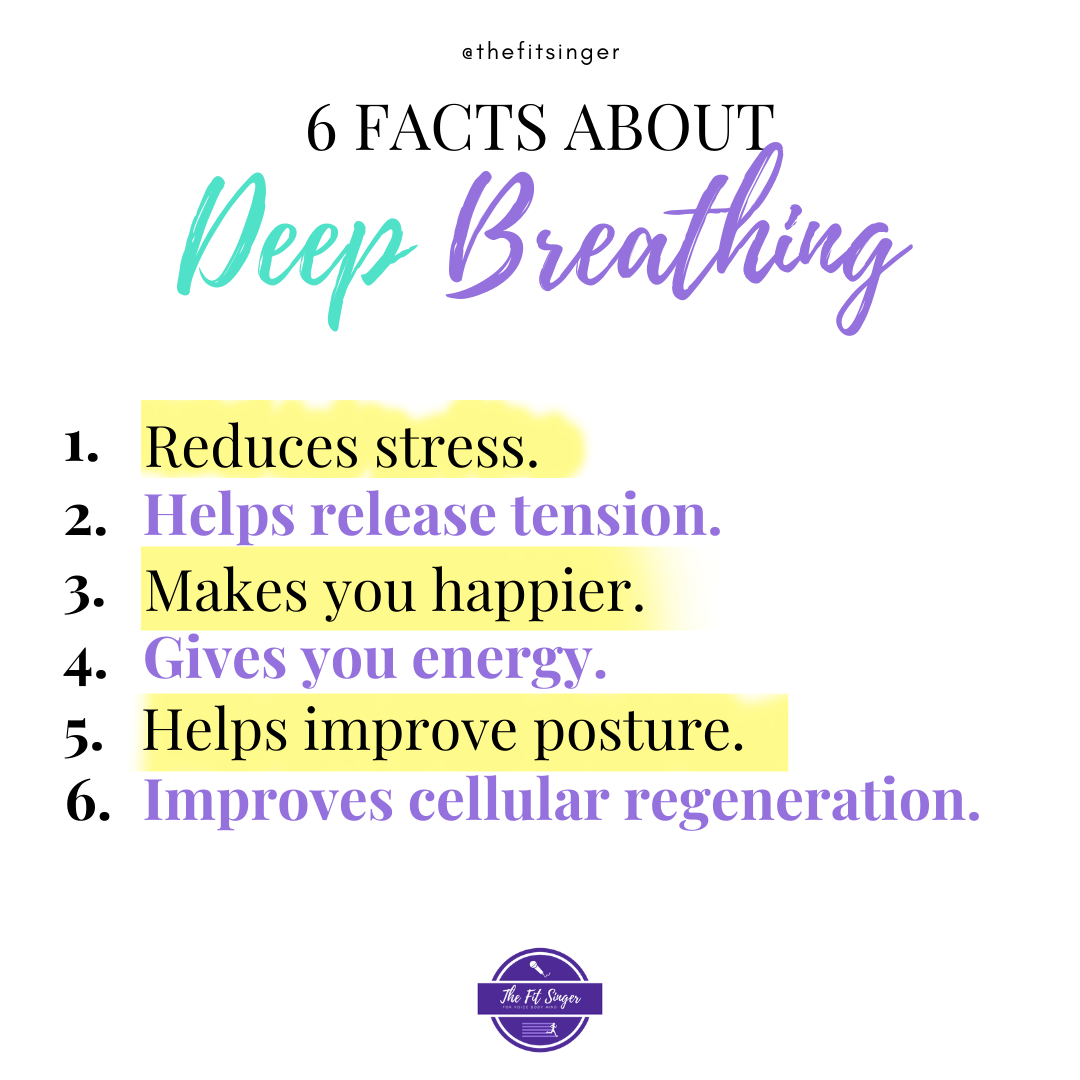
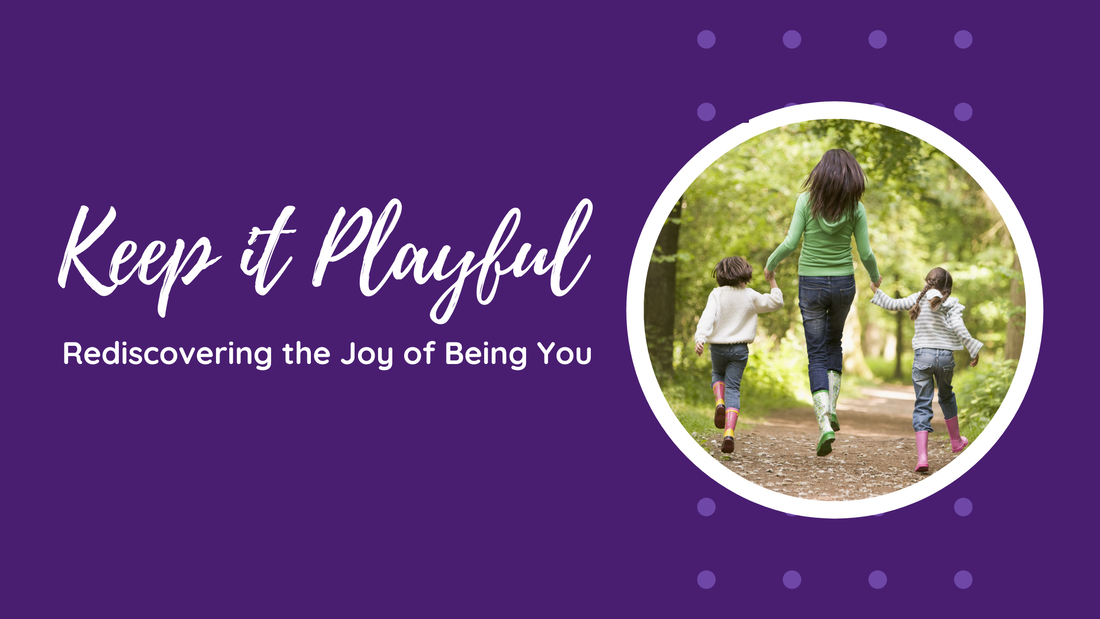
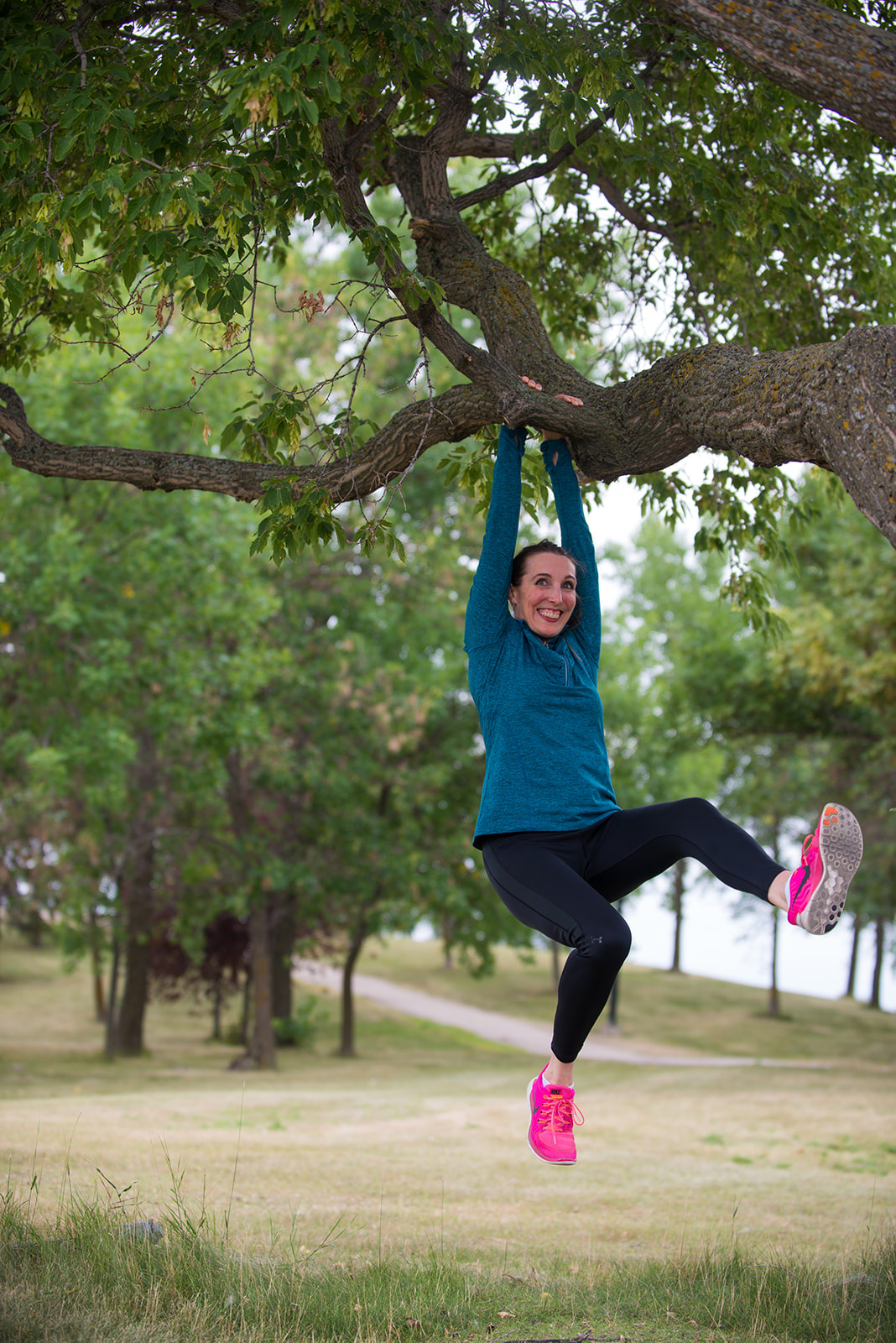

 RSS Feed
RSS Feed





